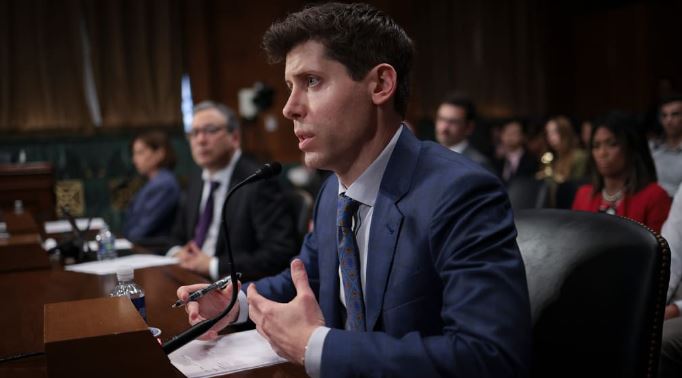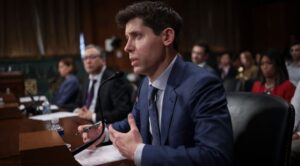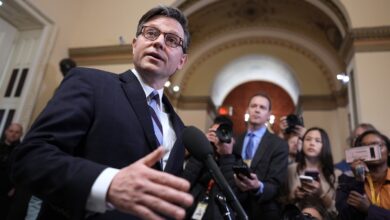Founder of OpenAI sits before Senate Judiciary Committee


Sam Altman, the founder and CEO of OpenAI, appeared before the Senate Judiciary Committee on Tuesday to testify about the potential benefits and risks of artificial intelligence (AI), specifically focusing on OpenAI’s ChatGPT. This chatbot has gained significant popularity, raising concerns among lawmakers about the ethical implications of AI technology. During the hearing, senators highlighted issues such as the potential for ChatGPT to covertly influence individuals, the risks of data misuse, and the inherent unreliability of AI systems. Within just two months of its launch, ChatGPT amassed an estimated 100 million users.
Altman acknowledged the need for regulation in the field of generative AI during his testimony before the Senate Judiciary Committee’s subcommittee on privacy, technology, and the law. He shifted the focus from whether to build a regulatory structure to how it should be constructed. Altman emphasized that OpenAI’s latest release, GPT-4, is designed to respond helpfully, truthfully, and refuse harmful requests more effectively than other widely deployed models. However, he emphasized the importance of government intervention to mitigate the risks associated with increasingly powerful AI models.
While Altman advocated for government regulation, including the establishment of an agency responsible for licensing and setting safety standards for large AI models, other testimonies went further, calling for independent audits of AI systems by external experts. Gary Marcus, an AI entrepreneur, author, and professor at New York University, urged the urgent need for regulating emerging AI systems, comparing them to powerful and reckless bulls in a china shop. He highlighted the misalignment of current AI systems with desirable values such as transparency, privacy protection, absence of bias, and safety.
Altman, a former president of startup incubator Y Combinator, founded OpenAI in 2015 and has been at the forefront of AI development. The company’s products, including ChatGPT and Dall-E, have gained significant attention. OpenAI has also received substantial investment, with Microsoft investing over $10 billion in the company since 2019. Altman’s visit to Washington coincides with his efforts to raise $100 million for Worldcoin, a controversial iris-scan-based global cryptocurrency venture.
Senator Richard Blumenthal, the Democrat from Connecticut who chairs the Senate Judiciary Committee’s subcommittee, proposed that companies developing generative AI should test their own systems, disclose known risks, and allow independent researchers to access them. He suggested implementing a “nutrition label” or scorecard for AI products to inform users about limitations. Senator Dick Durbin, a Democrat from Illinois, expressed skepticism about Congress’s ability to act swiftly and effectively in response to the challenges posed by AI regulation.
Marcus proposed the creation of a US agency to regulate domestic companies and an international organization focused on AI safety, drawing a parallel with CERN, the European Organization for Nuclear Research, but with a specific focus on AI safety rather than high-energy physics.
Altman expressed stronger support for regulation than Mark Zuckerberg did during his previous testimonies on privacy and electoral misinformation. Altman emphasized the potential harm that the industry could cause and expressed a desire to work with the government to prevent such consequences. He stated, “My worst fear is that we … the industry cause significant harm to the world. If this technology goes wrong, it can go quite wrong, and we want to be vocal about that. We want to work with the government to prevent that from happening.”





